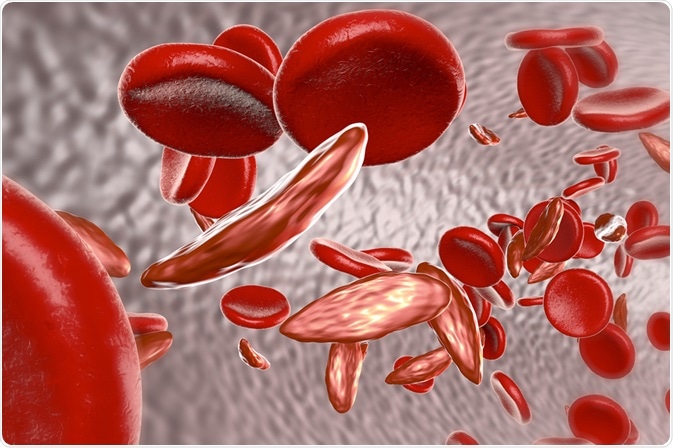Sickle cell disease, a genetic blood disorder, has been a subject of concern and misconceptions.
Recently, Dr. Ivy-Marie Aggrey, a renowned sickle cell expert, addressed these misconceptions and clarified that sickle cell is not transmitted through physical contact or blood transfusion.
Dr. Ivy-Marie emphasized that sickle cell disease is primarily inherited from parents who carry the sickle cell gene. When both parents carry the sickle cell gene, the child has a 25% chance of inheriting the disorder.

Normally, red blood cells are disc-shaped and flexible enough to move easily through the blood vessels. In sickle cell disease, red blood cells become crescent- or “sickle”-shaped due to a genetic mutation.
Contrary to common misconceptions, sickle cell disease cannot be transmitted through casual physical contact, such as shaking hands, hugging, or sharing food and drinks. The sickle cell gene is not airborne and cannot be spread through direct physical interactions.
While blood transfusions involve transferring blood from a donor to a recipient, the transmission of sickle cell disease through blood transfusions is highly unlikely.
Dr. Ivy-Marie stressed the importance of genetic testing for individuals with a family history of sickle cell disease. Genetic testing can identify individuals who carry the sickle cell gene, even if they do not exhibit symptoms. This information is crucial for genetic counseling and reproductive planning.
She emphasized the need to raise awareness about the misconceptions surrounding sickle cell disease. Educating the public about the true nature of the disease can help prevent discrimination and stigmatization against individuals living with sickle cell.
Dr. Ivy-Marie’s clarification provides valuable insights into the transmission of sickle cell disease, dispelling myths and highlighting the importance of genetic testing and awareness. By addressing these misconceptions, she aims to improve the understanding and support for individuals living with sickle cell disease.




